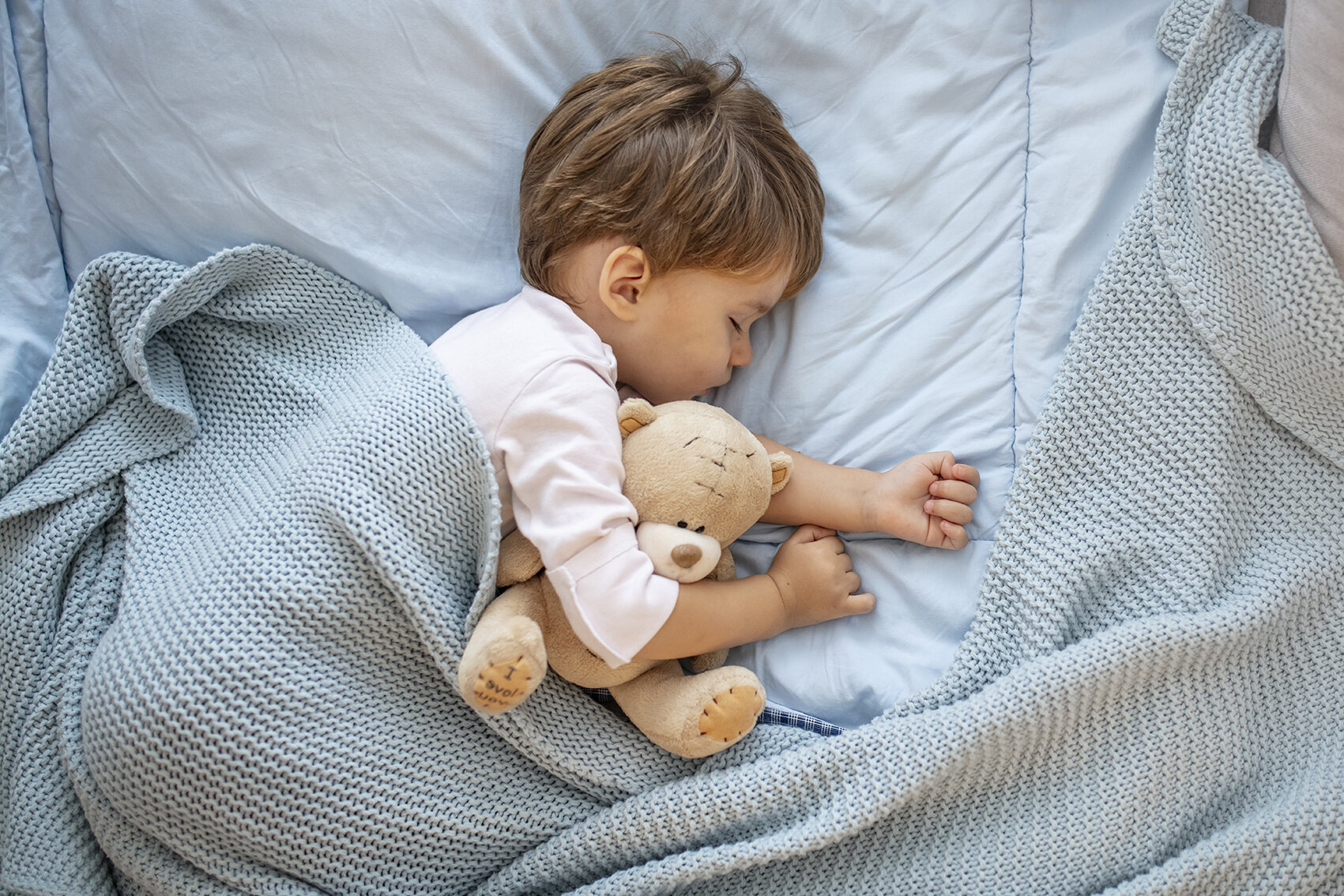Understanding Sleep Cycles: What Every Parent Should Know
Before I became a parent, I had no idea what a sleep cycle was—let alone what a biological sleep window could be! The world of newborn sleep was a whole new adventure for me. But after digging into the science behind how our little ones sleep, everything started to make sense!
As a parent, I know how overwhelming it can be when you’re trying to help your child sleep better, but you’re not sure why they wake up so frequently or have trouble staying asleep. One of the keys to improving sleep is understanding how sleep cycles work in children. In this post, I’ll break down the stages of sleep, explain why children wake up during the night, and share tips to help you align with your child’s natural sleep rhythms for better rest.
What Are Sleep Cycles and Why Are They Important?
Sleep cycles are the series of stages that your child’s brain and body go through while they sleep. Each cycle is composed of different stages, including light sleep, deep sleep, and REM (rapid eye movement) sleep, which is where most dreaming occurs. For children, these sleep cycles are shorter than they are for adults, which is why they may wake up more often throughout the night.
Understanding sleep cycles is crucial because it helps explain your child’s sleep patterns. When you know what stage of sleep they are in, you can make better decisions on when to put them to bed, how to soothe them during wake-ups, and how to support their overall sleep health.
The Sleep Journey of Newborns
When babies are born, their sleep is neurologically immature, which means it doesn't function the same way it does in adults. Around 3 to 4 months, a baby’s sleep cycles begin to emerge, marking a crucial development in their sleep structure.
How Children’s Sleep Cycles Differ from Adults
You might notice that your child wakes up more frequently than you do. This is because children’s sleep cycles are shorter, lasting around 50-60 minutes compared to an adult’s 90-minute cycle. As a result, they enter light sleep more often, which increases the chances of waking up during the night.
Young children, especially infants, spend more time in light sleep and REM sleep, which are more easily disrupted. Understanding these differences helps explain why your baby or toddler might stir or need soothing in the middle of the night.
Day Time Sleep Structure
Stages of Sleep in Children
Let’s break down the daytime sleep phases:
Wind-Down Phase (0-10 minutes): This is when your baby starts to relax and get ready to sleep. It’s like their little pre-sleep ritual!
Light Sleep Phase (10-30 minutes): In this phase, you might notice some rapid eye movements, irregular breathing, and a bit of twitching. It’s all part of their natural sleep process.
Deep Sleep Phase (30-50 minutes): After about 20 to 30 minutes, your baby enters deep sleep. Here, they become relaxed, their breathing slows, and their eyes are closed. It’s common for babies to give a little jolt as they transition from light to deep sleep.
Awakening Phase (50 minutes and beyond): After 30 to 40 minutes, your little one starts to wake up from deep sleep and may easily stir. And just like that, the cycle begins again!
Night Time Sleep Structure
Now, let’s talk about nighttime sleep:
A baby’s nighttime sleep cycle typically lasts between 2 to 4 hours. During this time, they might have brief arousals, adjust their position, or wiggle around a bit. If they’ve learned to resettle themselves, they’ll often go right back to sleep without needing much help.
The period from 7:00 PM to 11:00 PM usually covers the deepest sleep phases. This is often when you can sneak into their room to put away laundry or tidy up without waking them.
From 11:00 PM to around 3:00 AM, your baby starts to transition out of deep sleep, and you may notice them stirring more during this time.
Finally, from 3:00 AM to 7:00 AM, your little one cycles through light sleep and waking periods. This is due to a decrease in melatonin and a rise in cortisol, signaling it’s almost time to start the day.
Conclusion
Understanding these sleep cycles is essential for promoting healthy sleep habits for your baby. By recognising how their sleep patterns work, you can better support their natural rhythms and help them develop independent sleep skills.
Are you ready to improve your child’s sleep? As an infant and child sleep consultant, I’m here to guide you through this journey and ensure your family gets the rest you all need. Let’s chat and create a sleep plan that works for you! Book now!



